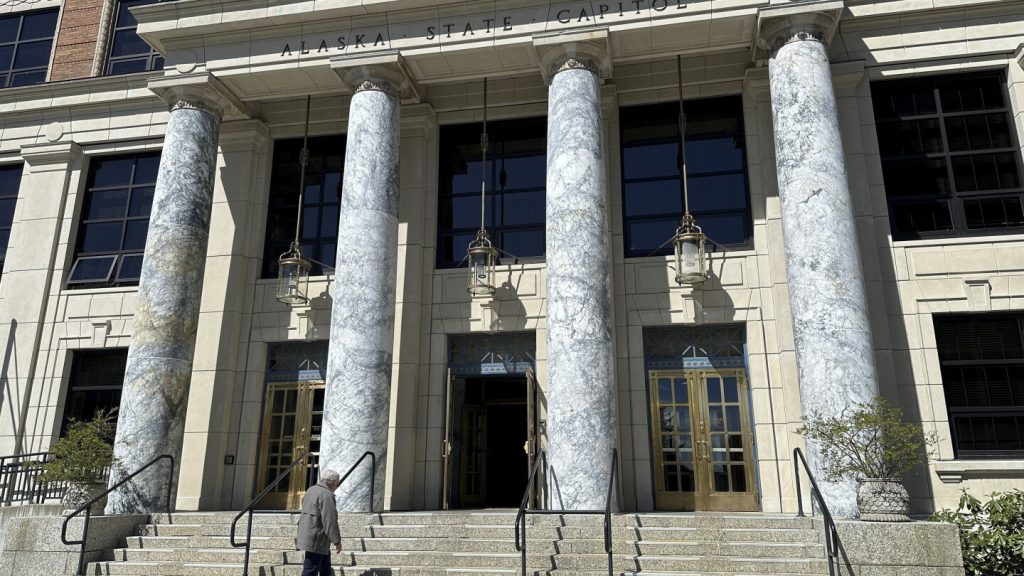The Alaska lawmakers ended their legislative session with a focus on key issues such as education, energy, and underground carbon storage. Despite some drama and veto attempts by Governor Mike Dunleavy, the session saw progress in areas like school funding, correspondence school programs, and carbon storage projects. Education funding was a top priority, with a compromise package including a permanent $175 million increase in aid to districts passing through the Senate and House. However, Governor Dunleavy vetoed the measure, leading to a one-time boost in the budget for K-3 students with reading difficulties. Education advocates had pushed for a larger funding increase, but the approved amount was deemed inadequate by some lawmakers and officials. Furthermore, efforts to reinstate a pension offering for public employees stalled in the House, disappointing many.
Lawmakers also addressed the issue of correspondence schools, following a judge’s ruling that laws around these schools allowed for public funds to be used for private educational services. A bill was passed to provide stability for correspondence students while the litigation continues. Additionally, a bill related to underground carbon storage was passed, allowing the state to establish protocols for storing carbon dioxide underground in aging gas or oil fields. The goal is to generate new revenue while still supporting fossil fuel production, although critics argue that it will increase pollution and distract from real climate change solutions. The session also saw a focus on energy, with a provision in the carbon bill aimed at encouraging more gas production in Cook Inlet.
The issue of the annual dividend paid to Alaska residents, often a point of contention, was less controversial this year, with lawmakers agreeing on a dividend of around $1,360. There was also an energy relief payment included in the agreement. Legislative leaders attributed the smoother process to better communication and a balance of priorities, including a focus on state infrastructure projects. Overall, the session saw progress on key issues, with a focus on education funding, energy, and carbon storage. While there were some setbacks and disagreements, lawmakers ultimately came together to address these important issues facing the state of Alaska. Despite some lingering concerns, there was a sense of accomplishment and cooperation as the session came to a close.


